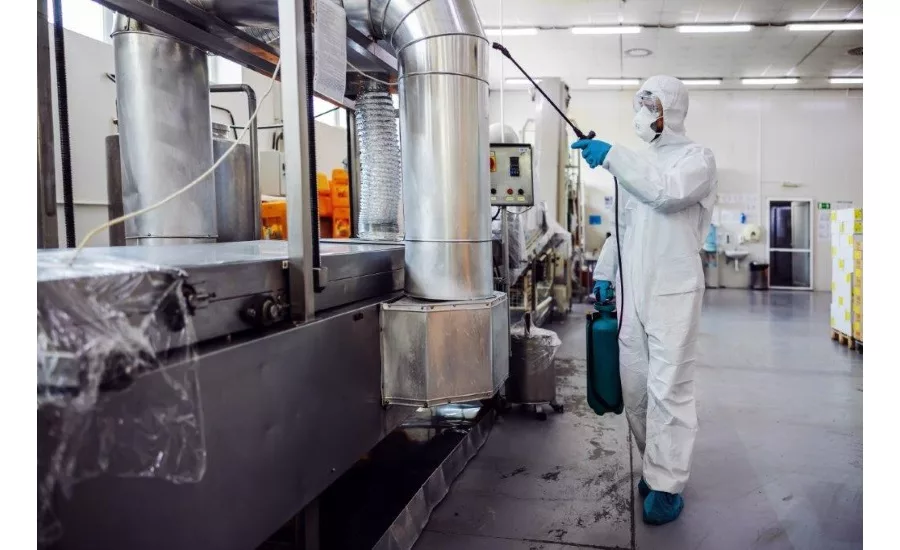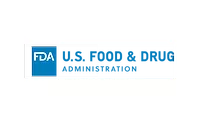Campden BRI Searches for Partners to Assist with COVID-19 Research

Campden BRI is searching for partners to assist with new research that will be assessing the impact of COVID-19 on factory hygiene to help businesses create more efficient procedures. It could save participating manufacturers a large amount of cost and time as the research unveils which cleaning interventions have been the most successful.
The research will ideally compare factory swab results from hundreds of different businesses to identify patterns in microbiological data to improve hygiene practices, which in turn will produce safer products.
Dr. Greg Jones, senior microbiologist, Campden BRI, will be leading the project and said that when the pandemic hit the food industry hard in 2020, manufacturers found little to no guidance available on how to handle that scenario. As a result, feedback from industry groups suggested that food businesses implemented different hygiene strategies to continue to produce safe products while maintaining staff safety.
Jones says: “This inadvertently set the scene for the single greatest industry-wide experiment into factory hygiene ever conducted. For the first time, we can use the factory swab data generated from hundreds of different food factories to compare the impact of different hygiene approaches on factory microflora. We could draw countless conclusions from this data, but what we’re most excited about identifying is the effectiveness of specific approaches on specific food pathogens.”
Researchers will analyze the microbiological data, which is submitted confidentially by participating businesses, and compare it with survey responses to identify any patterns or correlations that could help build more efficient and targeted hygiene procedures.
Specifically, the research will look at two sets of microbiological data—namely Listeria and total viable counts—and will draw conclusions from this data. For example, comparing data generated pre- and post-pandemic from a number of factories might reveal a particular cleaning method that is effective against a food pathogen such as L. monocytogenes.
Another example comes from the approaches adopted to prevent the spread of coronavirus. Many food businesses put in place barriers, yet it is to be determined whether this had an impact on a factory’s microflora. For example, it may make it more difficult to clean certain areas.
Looking for quick answers on food safety topics?
Try Ask FSM, our new smart AI search tool.
Ask FSM →
The research will also examine how different hygiene approaches compare, and it will begin in October and initially run for a year. Participating businesses from across the food and drink sector will be required to provide their microbiological factory swab data—which will be kept confidential—and complete a short survey.
Any companies wanting to take part in the research can call Greg Jones on +44(0)1386 842143. He can also be reached via email at greg.jones@campdenbri.co.uk.








